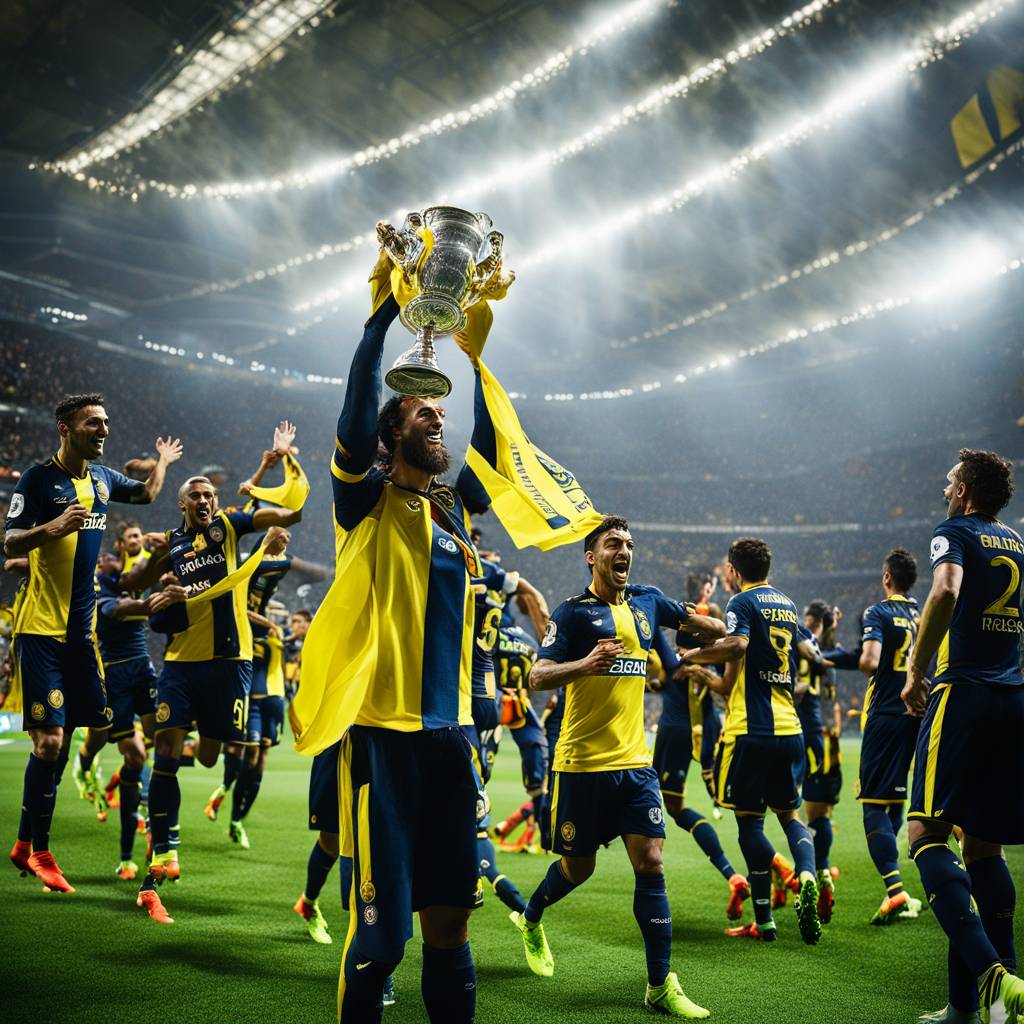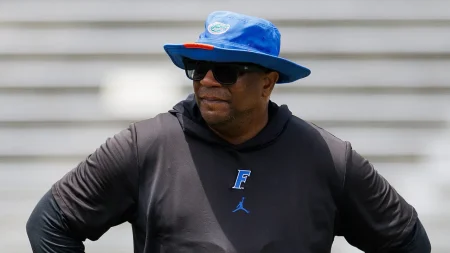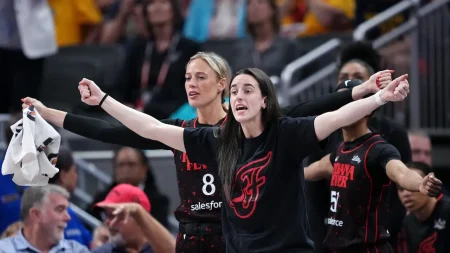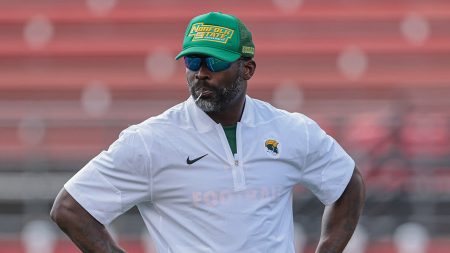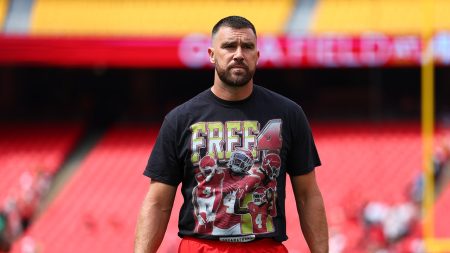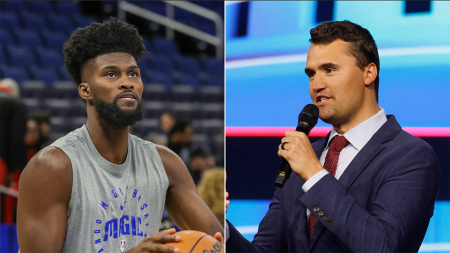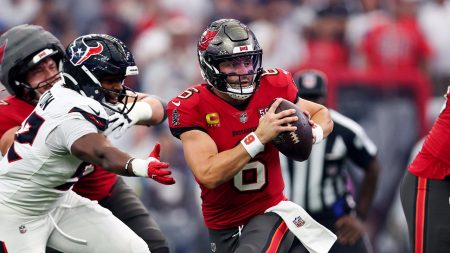In December of last year, the Turkish Super Cup was scheduled to take place but was postponed due to a controversial issue. The Saudi Arabian hosts refused to allow the players to wear warm-up tops that featured the face of Mustafa Kemal Ataturk. This decision sparked outrage and led to the match being rescheduled for April. However, the rearranged tie was also engulfed in controversy as Fenerbahce decided to field an Under-19 team against Galatasaray. The match only lasted one minute as Fenerbahce promptly walked off the pitch, causing confusion and disappointment among fans.
This incident added fuel to the already intense rivalry between Fenerbahce and Galatasaray, two of the biggest football clubs in Turkey. The decision to field an Under-19 team in such a high-stakes match was seen as a deliberate provocation by Fenerbahce, further exacerbating tensions between the two teams. The unexpected and abrupt walk-off only served to deepen the animosity between the clubs and their supporters, creating a negative atmosphere surrounding the Turkish Super Cup.
The controversy surrounding the Turkish Super Cup reflected larger political and cultural tensions within Turkish society. Mustafa Kemal Ataturk is a revered figure in Turkish history, known for founding the Republic of Turkey and implementing a series of modernizing reforms. The refusal to allow his image on the warm-up tops of the players was seen as a direct insult to Turkey’s national identity and values. The decision by the Saudi hosts added a contentious political dimension to the sporting event, highlighting the complex relationship between different countries and their interpretation of historical figures.
The actions of Fenerbahce in fielding an Under-19 team and subsequently walking off the pitch highlighted the intense emotions and rivalries that exist within Turkish football. The competition between Fenerbahce and Galatasaray goes beyond mere sporting rivalry and reflects deeper societal divisions and conflicts. The decision to use such a high-profile match as a platform for protest or provocation only served to further polarize the already divided fan base and reinforce negative stereotypes and perceptions about the teams involved.
The Turkish Super Cup incident also drew attention to the need for greater sensitivity and respect in international sporting events. The refusal to allow the players to wear warm-up tops with Ataturk’s face demonstrated the potential for sporting events to become embroiled in political and cultural controversies. This incident highlighted the importance of understanding and respecting different cultural norms and values, as well as the need for open dialogue and communication to prevent misunderstandings and conflicts from escalating.
Overall, the controversy surrounding the Turkish Super Cup in December last year shed light on the complex intersection of politics, culture, and sport in Turkey. The refusal to allow the players to wear warm-up tops featuring Ataturk’s face, the decision to field an Under-19 team, and the subsequent walk-off all reflected deeper societal tensions and rivalries that exist within Turkish society. This incident served as a reminder of the power of sport to both unite and divide, and the importance of approaching international sporting events with sensitivity and respect for diverse perspectives and histories.




